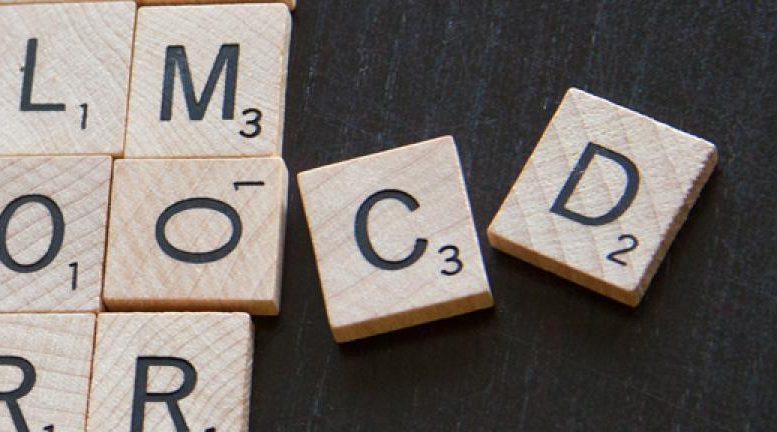I once took a test to check if I had an Obsessive-Compulsive Disorder and I was diagnosed with a mild case of OCD. I also went to a therapist to check if that was true and it so turned out that I had a 6 / 10 mapping, which confirmed, that I was borderline OCD. All of us have personality quirks and traits that if intensified, could become OCD’s. Working with intense OCD’s is hard and people need therapy to help manage these. There’s a lot of stigma around mental health that continues to exist today, and we need to listen or look for signs that are indicators that we need help. Having said that, I want to use this week’s column to talk about how OCD has helped me manage my life and organise it better. I also will touch upon what it has done for me in context of leadership.
One of my older columns focused on how being a control freak can help you and this one looks at OCD and the way it can be leveraged to work in your favour. There’s clearly a lot of border line issues I have which are coming to light thanks to baring it all here on Forward Leap. For fans of Friends, the sitcom reading this, I have been compared a lot of times to Monica Geller and her OCD traits.
Now that we have established how entrenched OCD is in my system, let me tell you how I make it work for me.
I was a multi-tasker and how! I still am to most parts, but early in my career, I had a boss who realised that it was detrimental to me and my career to let me stray all over the place and not really achieve much. So, he drilled into me discipline and taught me how it could help me succeed and cement my strengths.
Here’s how it has helped me over the years:
Structure
For me, I need a structure to my work and my life, and it has to be predictable as a lot of the rest of the stuff I do, isn’t something I can predict. So, I use my skills to structure my day, to plan it and to have a list of stuff I need to get done across the board. This is a checklist and its usually in my head. It has tasks and errands on it and also spill overs from before. There are also three calendars that I sync together for optimum benefit and they are my work, home and extras calendars that keep me busy. I have to say I do forget to sometimes, but to most parts it’s up to date!
Measurement
Everything need not have a tangible measurement but can have an outcome that can be assessed either qualitatively or quantitatively. Working with the measurement and hence the result in mind, while developing the design or program can be beneficial to figure out the steps in the process. This helps me understand how much time I need to do a task or run an errand.
Organising
My core mantra is organise, organise, organise. My emails are sorted into folders by type and context and indexed in alphabetical order along with tasking labels that are sorted by open items that stay in the master inbox and the ones attended to are instantly moved into their respective folders. The same holds true for my desktop and phone. I usually only enable necessary notifications and keep the rest clean so I never have unread messages or emails or notifications and hence, I have a clutter free space. I also do the same at home so whatever I need is a one index away item.
Efficiency
A lot of times doing a lot of things together needs a little extra help in looking into details and that’s where efficiency kicks in. You need to have in place methods to integrate master lists to micro tasks easily so you can function at your optimum in all the spheres.
Resource Allocation
OCD helps allocation and how! You can plan, work backwards and with Plan A, B, C in place and exactly pinpoint what will be needed to make something happen. So, once you allocate the required resources, you will be able to know what you need to fill the lacuna if any, to get the tasks done effectively and to be able to plan for contingency.
So, being organised can help you reduce burnout and can go a long way in helping you lead simpler, more structured lives, as leaders or otherwise!



Be the first to comment on "Making OCD work for you!"